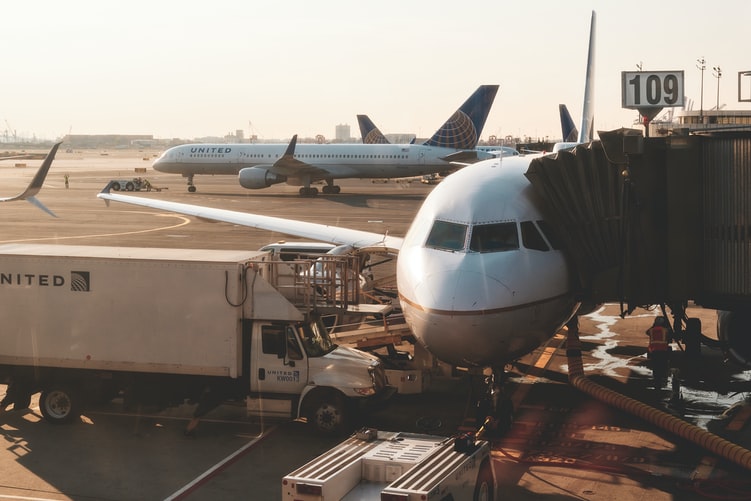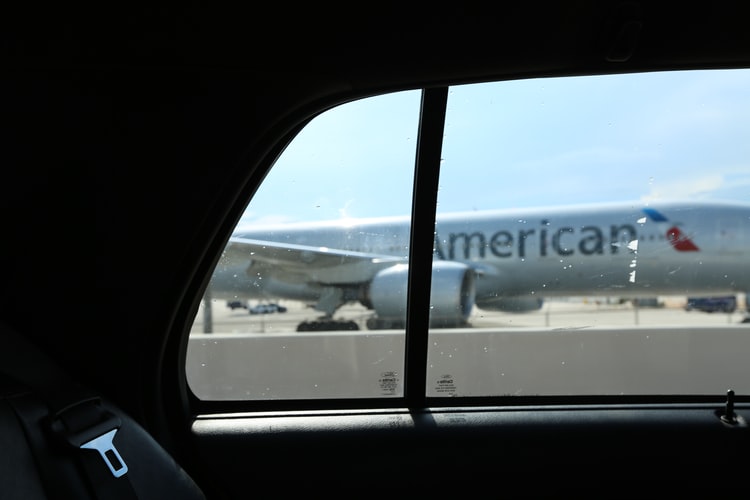Criticism from environmentalists is not new to the aviation industry. With their large carbon footprint, it is not surprising that they catch the attention of climate activists.
Each private jet emits more carbon dioxide relative to the number of passengers compared to commercial planes. On the other hand, there are more commercial flights in a year than private ones, so their negative contribution is still more than private aviation. Still, both sides of aviation cannot deny that they should take action to fight global warming. Understanding the environmental trade-offs in commercial plane vs private jet travel highlights the need for sustainable solutions in the industry.

Private Aviation’s Response
Private aviation is aware of its carbon footprint. Companies know that their carbon emissions should be reduced and are taking measures to do that.
In recent years, private jet manufacturers have been trying to produce aircraft models that are cost-effective and environmentally friendly. The endeavor is to achieve a more sustainable future for the industry.
Build Back Better Framework
Now, a more bold statement came from a private charter boss. Chairman and founder of Victor, a U.K.-based private jet charter broker, Clive Jackson, warned that if companies do not take immediate action, the future of the whole industry may be at stake.
Jackson asked for the cooperation of the whole industry, including passengers, on his movement to offset the emission of greenhouse gases. His plea aligns with his company’s support of NET-ZERO 2050.
As its name suggests, net-zero 2050 aims to make Europe one of the first to achieve net-zero greenhouse gas emissions. A change is required in the entire economy to achieve this goal. The movement requests that the burning of fossil fuels be avoided whenever possible. Also, they should take the same amount of gas out of the atmosphere for every ton of unavoidable carbon dioxide emission.
With the scheme introduced in 2018, 25% of Victor’s flights in Europe flew carbon neutral. In the following year, Victor was able to offset 200% of its global carbon dioxide emissions.
Now, in 2021, Victor is looking forward to achieving more progress. The company is launching a framework called Build Back Better. This framework consists of five steps to achieving sustainability.
The Five Steps to Build Back Better
Awareness
Of course, the first step to solving anything is to know the problem at hand. Thus, the primary step to building back better, according to Victor, is to invest in education. Everyone in the industry should know the impact of carbon footprint and ways for its reduction and mitigation. Moreover, the spread of awareness should not stop at the people operating the businesses but should reach the consumers.

Mitigation
Education is not enough if it is not put into practice. The Build Back Better framework wants all flights to be, or more preferably be beyond, carbon neutral. It is achievable by offsetting amounts equal to or more than the gas emitted in the flight.
Nature-Based Solutions
The Build Back Better then encourages companies to choose offsetting providers and products that use nature-based solutions. Checking for Gold Standard or Voluntary Carbon Standard accreditation is also critical.
Third-Party Verification
This blueprint calls for transparency and measurement of environmental action from both ends of the industry of aviation.
It requires third-party auditing for companies to do carbon offsetting schemes. In contrast to what one might initially think when they hear this, the purpose of this step is not for competition. Instead, it aims to give the firms a weapon to defend themselves from private aviation critics. Victor has already started this by releasing results from an audit done by Cooper Party. They are expecting other operators to do the same.
The European Business Aviation Association supports this idea. A statement from its COO Robert Baltus says, “The EBAA supports Victor’s Build Back Better Framework and in particular welcomes their call for third party verification and full transparency on environmental investments made by private aviation businesses.”
Innovation And Reduction
As the Irish poet WB Yeats said, “Education is not the filling of a pail, but lighting up a fire.” It means that learning is an unending process. So, it is not enough for aviation to be aware of the climate problem and the known ways to counter it. Instead, they should invest more time in research and development. The Build Back Better framework asks for continuous exploration for new things that can help reduce the industry’s negative impact on the environment.
The Role and Responsibilities of Public Jet Users in This Fight
The success of this plan needs the cooperation of all the people involved. That includes the passengers that occupy the seats in the private jets.
“Chartering a private aircraft provides your family and friends with a safe way to get anywhere in the world, at a time of your choosing, with minimum risk,” said Jackson. “Your ability to choose how you travel does come with the added responsibility to protect our society and the future of the planet. We cannot overlook that a private jet emits up to 20 times more carbon dioxide per passenger mile than a commercial airliner. Operators, brokers, and customers must accept that the privilege they enjoy comes with certain obligations.” he added.

Clients can help in the fight against environmental problems by accepting the fees for carbon offsetting. The amount a passenger pays for carbon offsetting goes to services that do clean energy projects or are sent as funds for activities that aim to reduce the greenhouse gases in the atmosphere.
If possible and options are available, passengers are also encouraged to increase their offset level. It will be money well spent since offsetting organizations will use them to take care of the planet.
Other Supporters of the Build Back Better Framework
The EBAA is not the only one that sees the potential of this framework. Kennedy Ricci, president of 4AIR, expressed his support for Victor’s framework, especially on the plans for transparency. Ricci agreed that to achieve sustainability; the industry needs to go further.
Another company that agrees to this is VistaJets. Like Victor, VistaJets believes the passengers have as much responsibility as the operators. In 2020, they included carbon offsetting in their program. Users can opt out of this as it is not mandatory. Thankfully, users are ready to accept responsibilities induced by their travel choices. Eighty percent (80%) of the users opted to stay in the program.
So far, the Build Back Better framework looks promising. The success falls upon the cooperation of the people behind the private aviation industry.
Aviation is only accountable for 2% of the total carbon emissions in the world. Then, private aviation is responsible for only 2% of that 2%. Still, that is not an excuse for the industry to do nothing, Jackson says.

Recent Comments